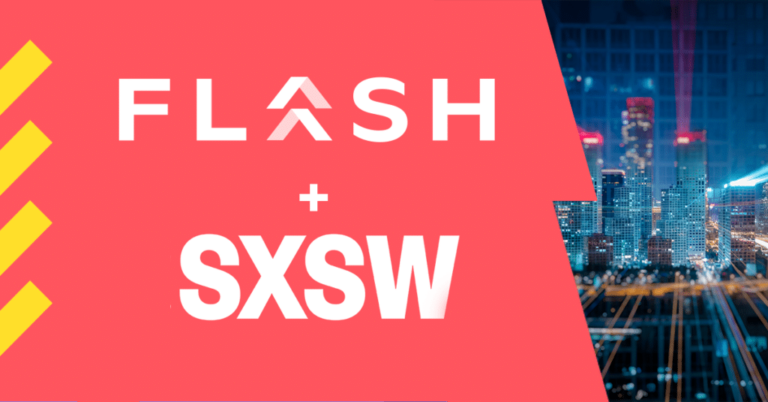SXSW RECAP
A Common Thread: Copycats
Mobility had a moment at this year’s SXSW. Municipal leaders and innovators around the globe gathered to share about the most exciting new ideas and real-world implementations. And the conversation was abuzz with predictions about climate, ideas for improving quality of life, and tales of real-world successes and failures. Tuning into these conversations, I saw one common thread that surprised me: copycats.
When someone has a good idea, and it works, there’s nothing wrong with doing the same thing. In fact, it might be one of the fastest routes to smart mobility.
It’s not the most romantic version of innovation, but when our cities are pressed for time in the fight against climate change, congestion, and safety, they’ll take any means to the right end. Taking strategies from other cities is a great way to take a step forward without the trial and error of so many progressive programs.
In Conversation
Amanda Daflos, CIO for the City of Los Angeles, said in Adaptable Cities: Tech & the Urban Evolution that some of LA’s best mobility initiatives were copied from other cities. Seeing a successful project play out elsewhere makes it easier to propose and execute on. And when you work with limited budgets, that proof of concept is valuable.
Jim McKelvy, co-founder of Square, similarly acknowledged this fact in How to Disrupt Billion Dollar Industries. Although it’s not the best way to disrupt an industry, copycats do surprisingly well for themselves, he admits, citing Burger King’s mimicry of McDonalds as an example. In the end, McKelvy’s winning equation is to look at the bottom third of an industry that’s possibly being underserved. But when it comes to less competitive forms of innovation, like municipal efforts, could copying be just what we need?
A conversation between Michigan mobility professionals, titled Building a Future Mobility Region, explored the functions and benefits of the new mobility corridor between Detroit and Ann Arbor and a new mobility innovation district in Corktown. Ford’s Carolina Pluszcynski, who serves as the development director for the Michigan Central Mobility Innovation District, sees the district as a place “where mobility innovators and disruptors from all over the world can come together…and collaborate openly, and be able to develop, test, and scale those solutions in real-world settings.”
I can’t help but see what’s happening in Detroit as a sort of role model smart city for other places to look at and think “we can do that.”
Even Secretary of Transportation Pete Buttigieg spoke in his keynote presentation about the importance of international learnings and relationships, encouraging us “[not to] be too proud as a country to learn from what’s going on in other countries and cities when it comes to making good choices about transportation.”
What This Means for Parking
I think this is something that extends in the parking sector, too. We are all better off because of the collective progress we’ve made as an industry. That’s why we keep thanking those that challenge us applauding the successes of our customers. And hopefully our customers see each others’ successes and are able to copy new use cases and approaches to technology. Because when one of us wins, we all do.
Join the Parking Revolution, Subscribe to Our Newsletter
We’re disrupting the parking industry because we believe our customers, consumers, and cities deserve better.

